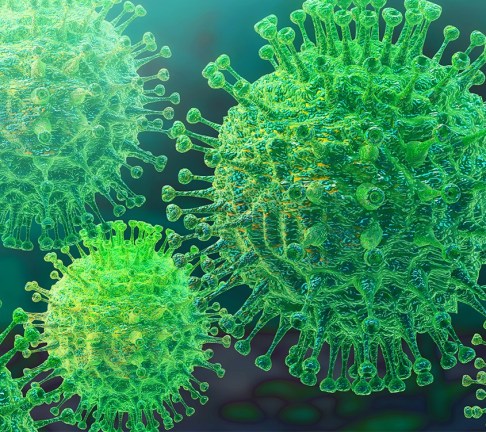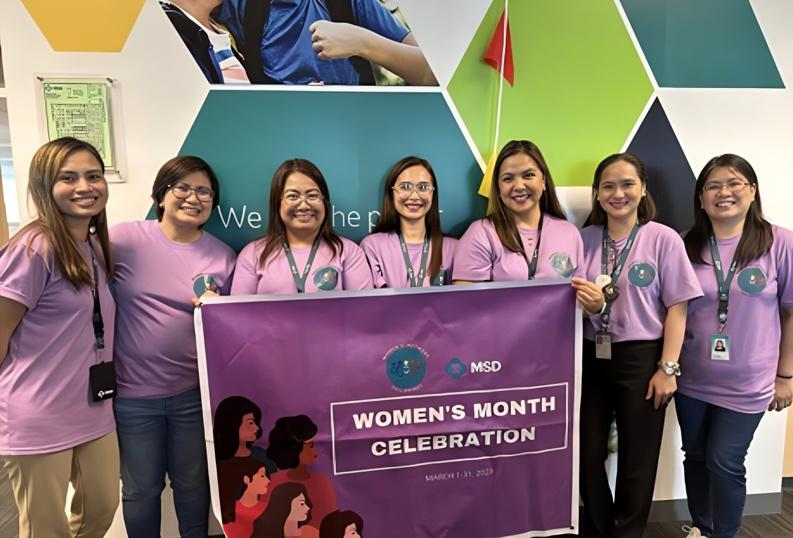Health at Your Fingertips: MSD’s Commitment to Employee Well-being Through Office Vaccinations
September 27, 2024

MSD Philippines has demonstrated a strong commitment to employee well-being through its comprehensive office vaccination program, which has been instrumental in fostering a healthier workplace. The initiative, which involved three rounds of vaccinations within their Philippine headquarters, underscores the company’s dedication to safeguarding the health of its employees. The first vaccination event took place on March 20, 2024, with the administration of HPV vaccine. This was followed by the second round on May 28, 2024, and the third on July 31, 2024. Over 250 employees participated in these events, receiving a range of vaccines that included both MSD and non-MSD products. This program not only highlights the company’s proactive approach to health but also reflects its broader commitment to the well-being of its workforce.
The office vaccination initiative was organized under the leadership of the Women’s Network, a key Employee Business Resource Group (EBRG) within MSD, as part of their strategic focus on “Business Integration and Insights.” This initiative was particularly inspired by the need to raise awareness about health issues, starting with Cervical Cancer Awareness Day and extending into a broader vaccination campaign. The decline in employee vaccination uptake after the shift to a partner clinic was identified as a critical issue that needed to be addressed. The Women’s Network, in collaboration with various business units, sought to overcome these barriers and make vaccination more accessible and affordable.
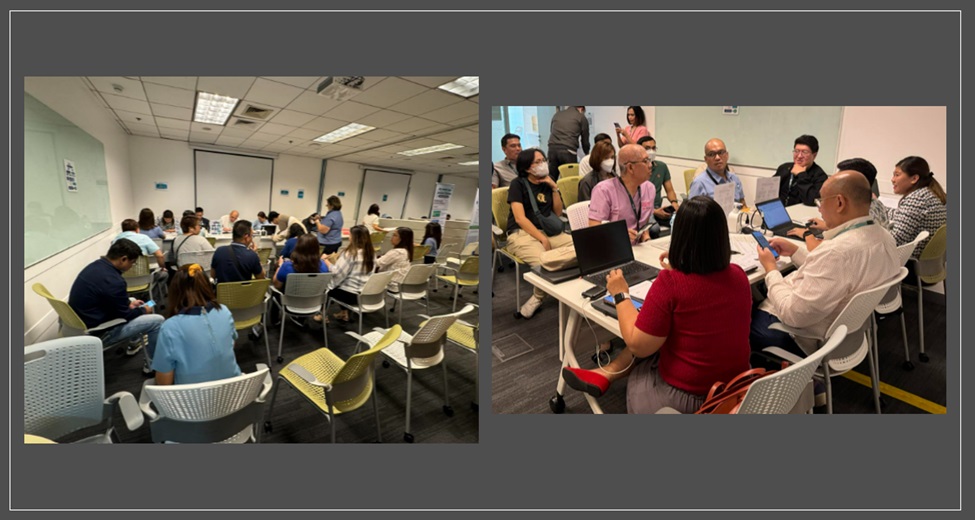
The office vaccination program is a testament to MSD’s holistic approach to employee health. By addressing the financial and logistical barriers to vaccination, the initiative ensured that employees could easily access the necessary vaccines. A key solution was the collaboration with a retailer licensed by the Food and Drug Administration (FDA) to conduct mobile vaccinations, making it convenient for employees and their families to get vaccinated. Additionally, the Office Cooperative played a crucial role by partnering with the vaccine provider to make vaccines more accessible. This allowed employees to benefit from the upfront payment arrangement, with the option of reimbursing the amount through salary deductions via the Cooperative. These measures reflect MSD’s commitment to fostering a supportive and health-conscious workplace environment.
The inspiration for this vaccination initiative stemmed from a sobering reality: cervical cancer, one of the most preventable and treatable forms of cancer, still claims the lives of 12 Filipinas daily. The Women’s Network, recognizing the urgent need for preventive measures, was motivated to take proactive steps to empower women by prioritizing their health. The initiative, which initially focused on HPV vaccination, quickly expanded to include a comprehensive range of vaccines. The involvement of the Human Resource partners, as well as other EBRGs, such as the Next Generation Network and Rainbow Alliance, in this collaborative effort further enhanced the program’s reach and impact. This collective endeavor not only promotes significant health benefits for employees, but reinforces the company’s role as a leader in healthcare.

The vaccination program also garnered positive feedback from the participants, who expressed their appreciation for the initiative. Employees highlighted the program’s convenience and the sense of security it provided. Testimonials from vaccinated employees reveal a deep appreciation for the accessibility and organization of the vaccination events. Many participants emphasized that the easy access to vaccines and the financial support provided through the Cooperative were significant motivators for their participation. Moreover, the program’s success was further amplified by the educational aspect, as employees were able to learn more about the importance of vaccines and the diseases they prevent, which encouraged them to take proactive steps in safeguarding their health.
One of the most notable outcomes of the program was its impact on the families of MSD employees. The program’s reach extended beyond the workplace, as employees brought their family members to participate in the vaccination events. Testimonials from participants’ relatives, such as nieces and nephews, highlighted their positive experiences and the convenience of receiving vaccinations at the office. The program not only provided immediate health benefits but also played a crucial role in educating younger family members about the importance of vaccination, thereby fostering a culture of health consciousness within the community. The program’s success in engaging both employees and their families underscores the effectiveness of MSD’s approach to promoting health and wellness.
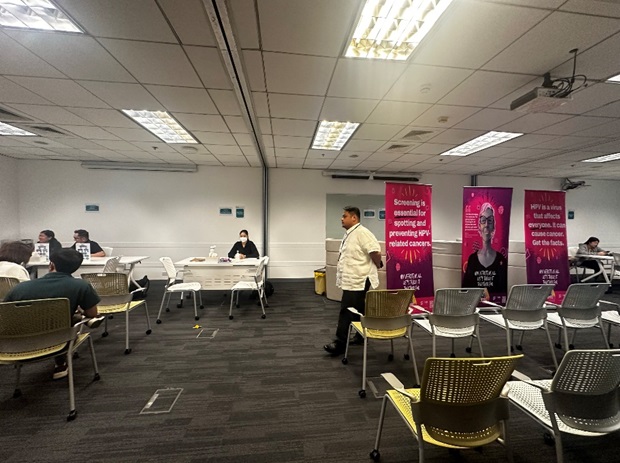
The choice of vaccines offered during the office vaccination rounds was strategic and comprehensive. This selection ensured that employees had access to vaccines that addressed a wide range of health concerns, from preventing cervical cancer and shingles to protecting against pneumococcal diseases and influenza. The diversity of the vaccine offerings reflects MSD’s commitment to a holistic approach to health, ensuring that employees are protected against multiple diseases that could impact their well-being and productivity.
The program’s success can be attributed to the collaborative efforts within MSD. The involvement of various EBRGs and business units, coupled with the support of the Office Cooperative and the logistics provided by the licensed retailer, ensured that the vaccination events were well-organized and effectively executed. This collaboration not only facilitated the smooth implementation of the program but also ensured that the initiative was aligned with MSD’s broader goals of employee well-being and business integration. The successful execution of this initiative serves as a model for other companies looking to implement similar health programs, demonstrating the importance of collaboration and employee-centered solutions.
By promoting the uptake of vaccines among employees and their families, the program contributed to a more robust and proactive approach to health within the company. The program thus serves as a dual success story, enhancing both employee well-being and business outcomes, and reinforcing MSD’s reputation as a leader in healthcare.
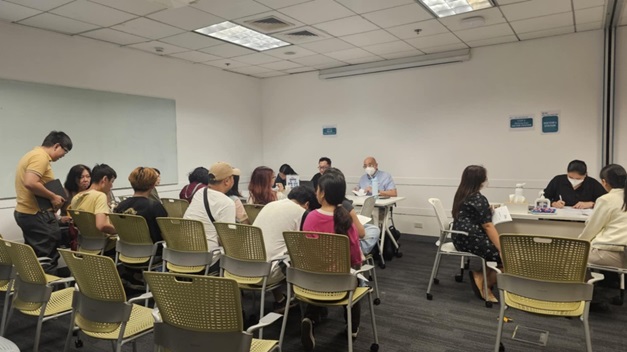
The office vaccination program conducted by MSD in the Philippines stands as a remarkable example of the company’s dedication to employee well-being and health. Through strategic planning, collaboration, and a focus on overcoming barriers to vaccination, MSD successfully reintroduced workplace vaccination and ensured that its employees could easily access and afford life-saving vaccines. The positive feedback from participants and the program’s impact on both employees and their families highlight the initiative’s success in fostering a healthier and more informed workforce. MSD’s commitment to this initiative reflects its broader values of care, collaboration, and a proactive approach to health, setting a standard for employee wellness programs in the corporate world.

